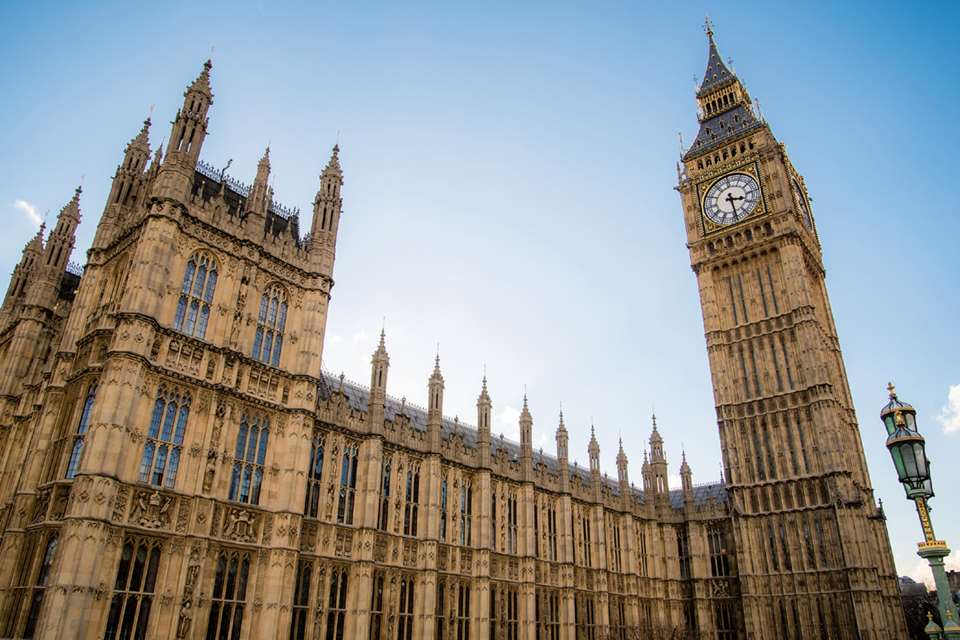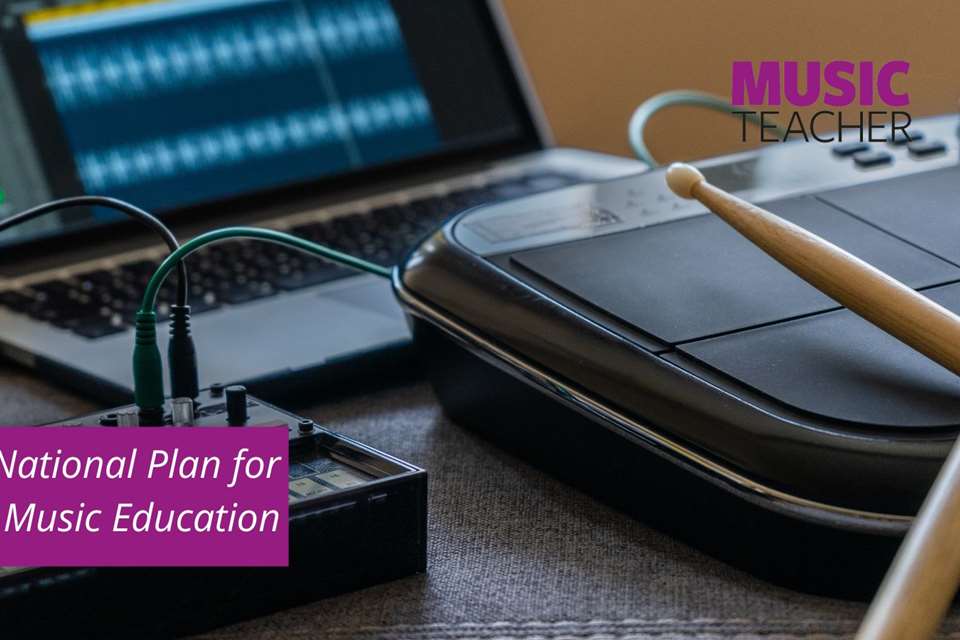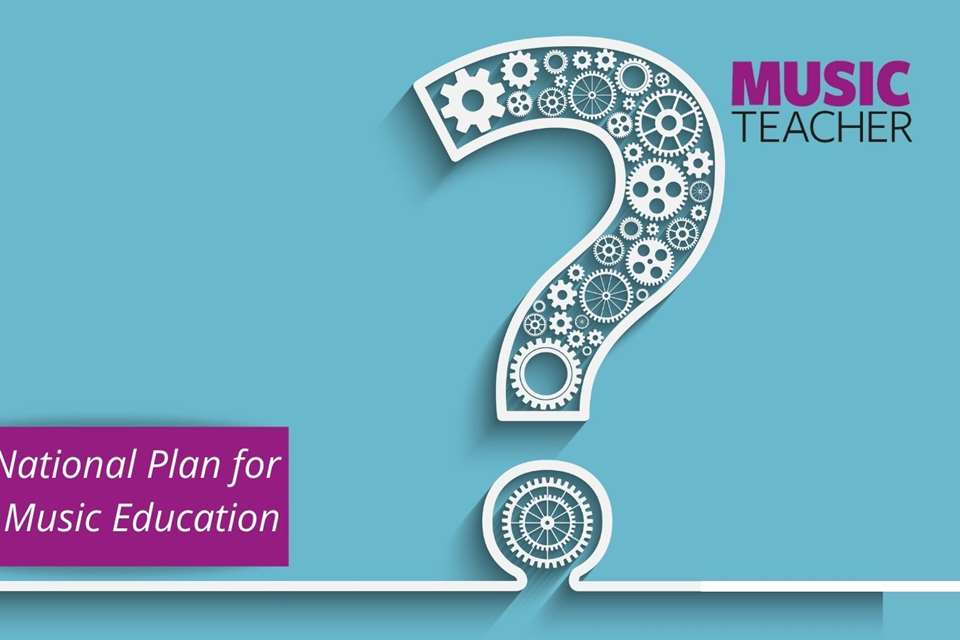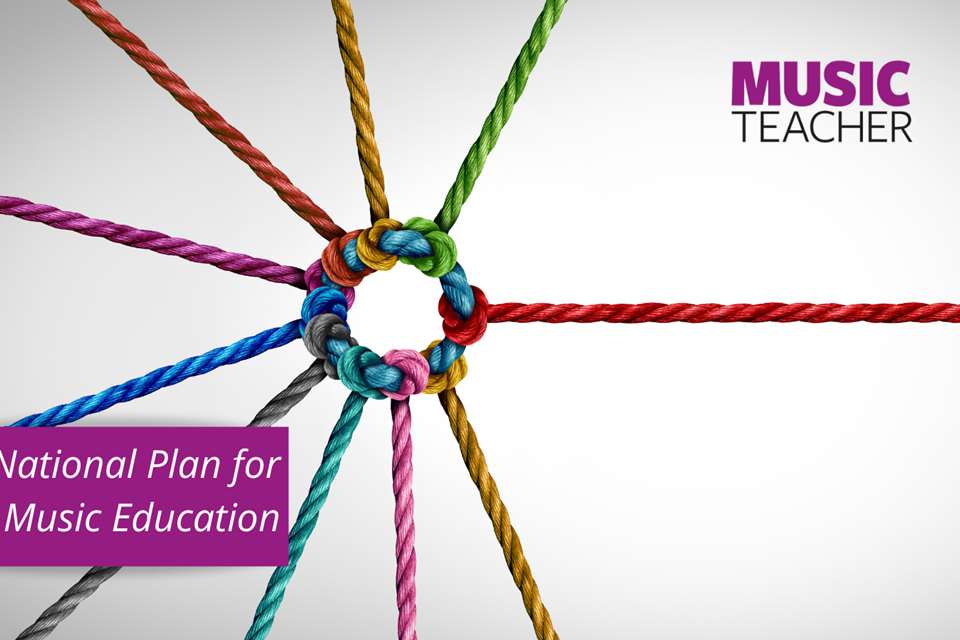Have Your Say: Letters to the Editor November 2023
Wednesday, November 1, 2023
Do you have an opinion that you’d like to share? Write to the editor of Music Teacher at music.teacher@markallengroup.com

Adobe Stock / Prostock-Studio
We need clarity on the finances of music hubs
Music education in England is in a parlous state. While the ACE-led music hub reorganisation is underway, recent reports by the ISM and others continue to highlight the decline of music education in many of England's schools. Against this backdrop, the announcement of £25 million funding for music instruments in September 2024 should be considered a welcomed investment. However, I have my concerns.
Chief among these is the flow of these monies. We are told that the new music hubs will receive a proportional share of this £25 million based on the number of young people in their newly constituted areas. The precise use of allocated funds will be determined by the leaders of these hubs. I suspect that many will use these funds to prioritise their own service offer to schools, equipping their organisation with new instrument stock. The problem is that these services are charged to schools, and many schools do not have the funding available to purchase them. Headteachers are often stuck between a rock and a hard place when it comes to decisions about their school budgets. Music provision is more often than not a casualty, not a beneficiary, in their decision making.
Sadly, we also know that the impact of music hubs on the lives of our young people is marginal. Many children across the UK never come into contact with any programme offered by a music hub. Yet, the vast majority attend school and, as such, should receive a full programme of music education as part of the National Curriculum. I would like to suggest that the new music hubs should be charged with a responsibility to purchase instruments directly for schools in their area. Many have excellent relationships with schools already, but this relationship should move beyond that of a provider (the hub) and purchaser (the school). True partnerships are based on a sharing of expertise and resources. Without this kind of approach, the only beneficiaries of this government's £25 million investment will be music hubs and their instrument stores.
Finally, I also wonder about the many private companies that supply music education across the country and fall outside these arrangements. Government investment of this kind skews markets and often leads to anti-competitive practices. We should be wary of this. Music hubs shouldn't only be working with schools; they should be actively looking to work with the full range of providers in their areas and not prioritising or giving undue preference to their own service offers. This is too often the case where the music hub has been conflated with a traditional music service.
Many music hubs do excellent work. However, we should be holding them to account for their financial decisions. Headteachers and those leading other music education organisations be challenging hub leads to ensure that a more equitable use of funding is facilitated in each of the new regions. This is a once-in-a-decade opportunity. It mustn't pass us by.
– Dr Jonathan Savage (regional programme director, Restore the Music UK; chair of trustees, Love Music Trust; managing director, UCan Play)
Response from Arts Council England
The tagline of the government's new National Plan for Music Education is ‘the power of music to change lives’. At Arts Council England, we know the immensely positive impact music has on every one of us, from the benefits to our wellbeing to the £6.6 billion music tourism contributes to our economy each year. Music hubs play a vital role in introducing children and young people to those benefits, providing them with a high-quality music education and helping them develop a lifelong love of music.
Nine out of ten schools in England are already engaged with the current music hub programme. The new network of music hubs, supported through our Music Hub Investment Programme, will build on that success from September 2024, providing all children and young people with the opportunity to sing, play an instrument, and create music together, and progress their musical interests as far as they like, including into professional careers.
I wholeheartedly agree with Dr Savage's assertion that music hubs should work with a full range of local organisations. Partnership working is one of the three goals of the National Plan for Music Education and is at the heart of the music hub programme. Let's not forget that a music hub is itself a partnership, bringing together music education organisations and services, schools and other education settings, local authorities, industry organisations and more, to deliver high-quality music education in every local area. And through the Music Hub Investment Programme, we're building an even wider, more diverse, and more strategic network of music hubs.
New music hub partnerships will work together to develop a Local Plan for Music Education that is evidence-based, achievable and effective. They will draw on local and national expertise to analyse the needs of their local community and identify opportunities and provision gaps. They are also required to support schools on their School Music Development Plan. Through these, music hubs will not only provide all children and young people with music education tailored to their needs and interests, but empower the music education workforce with broader support, collaboration, learning, and career development.
Each music hub will be responsible for facilitating access to musical instruments in their area, including accessible and adapted/adaptive instruments for young people with special educational needs or disabilities. This means they will continue to provide well-maintained instruments to schools, families, and children and young people through affordable and accessible instrument loan services.
But as Dr Savage mentions, children and young people will also benefit from £25 million investment by the Department for Education into new musical instruments from September 2024. Music hubs, through their Hub Lead Organisation (HLO), will report on how they invested their grant, but this does not necessarily mean that the HLOs will directly purchase all of the instruments needed. They will work with their partners to understand and respond to the needs and priorities of their communities, consulting with teachers, schools, children and young people, and their families, to ensure they can access those instruments where they need them, and for years to come.
Through the music hub programme and the investment in musical instruments, children and young people – and the workforce that supports them – will benefit from over £100 million investment in music education. It is right that music hubs will be held to account for how they spend their grant and distribute funding to their partners. It is also right that we consistently monitor this spend and also the impact of their work on the musical lives of children and young people. The new hub programme will benefit from strengthened monitoring and reporting arrangements, as well as from new performance management and quality assurance measures which will ensure they support a high-quality music education that aligns with the ambitions of the NPME.
Music hubs are just a part of how the Arts Council is delivering the ambition of our 2020–30 strategy, Let's Create, to ensure that all children and young people, in every part of the country, can thrive through creativity. Our new National Portfolio is investing £122 million in music and education programmes this year alone; we're driving greater connections and collaboration through our expanded cohort of National Youth Music Organisations, there's a £29 million funding boost for Youth Music to collaborate with grassroots organisations, and a new partnership between Goldsmiths, University of London, and Artsmark, our programme to help educators embed creativity and culture in schools.
Collaboration and partnership are at the heart of everything we do, and we firmly believe that the new music hub programme will place opportunity, inclusivity and quality at the heart of music-making in every corner of the country. We look forward to working with music hubs and all of our partners to cement those values into music education for years to come.
– Hannah Fouracre, director of music education, Arts Council England









